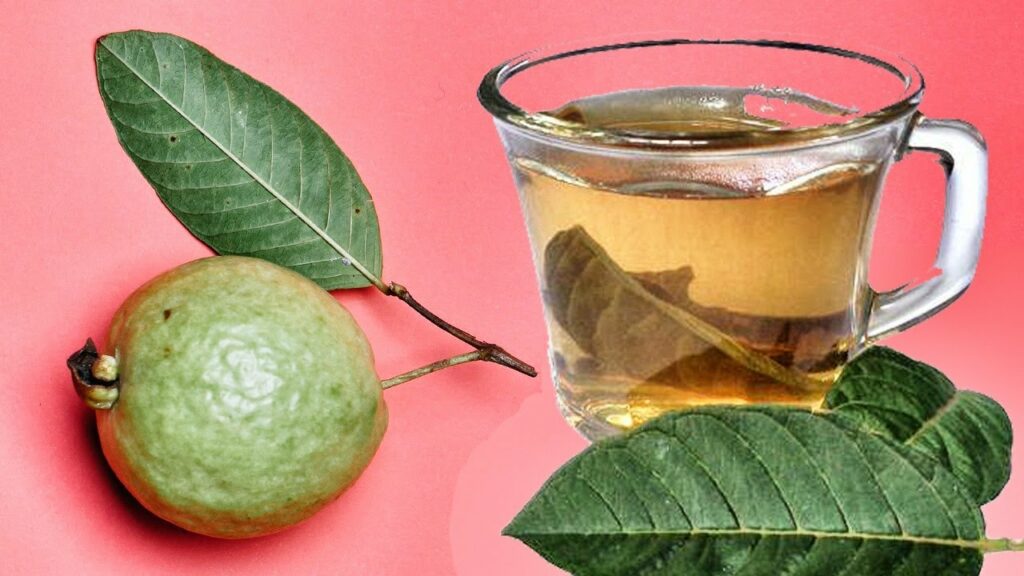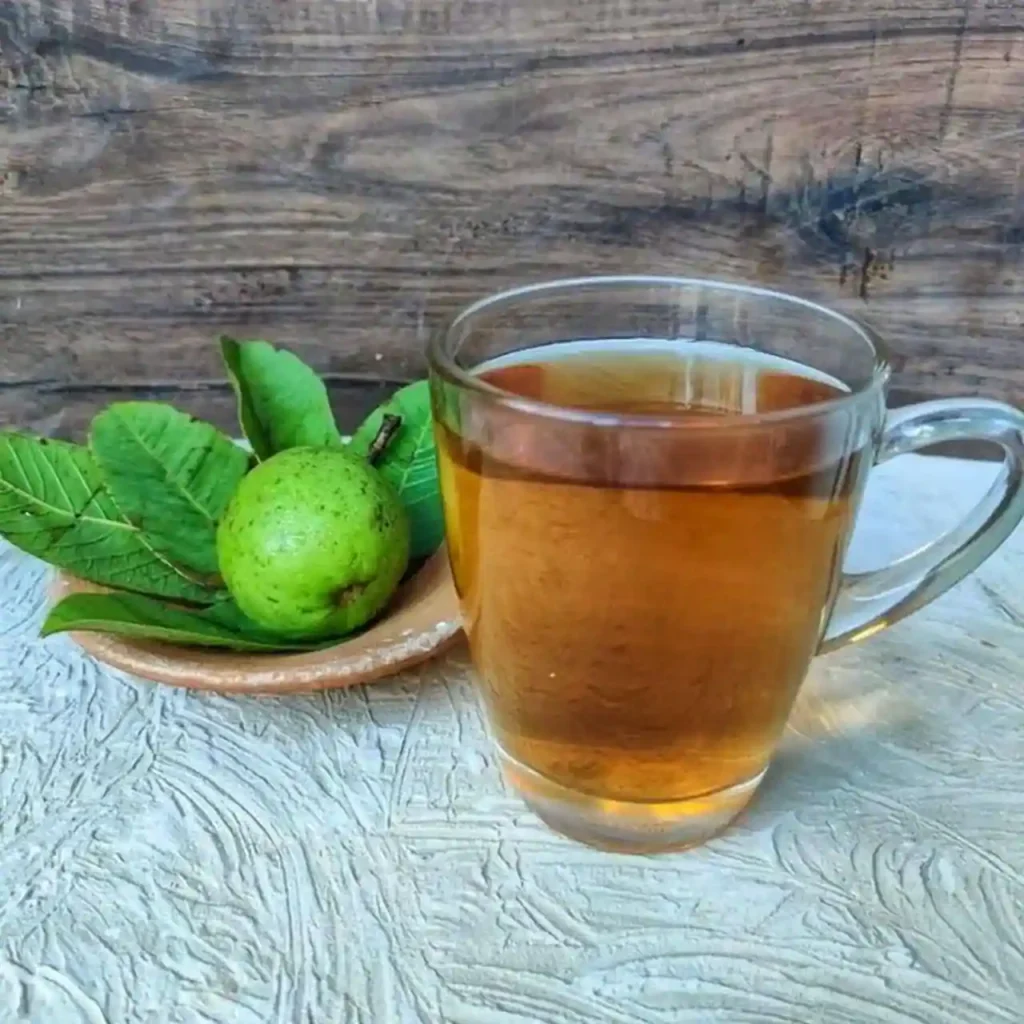Guava leaf tea is more than just a refreshing drink; it has been used in traditional medicine for centuries due to its potential health benefits. Made from the leaves of the guava tree, this tea can offer support for various aspects of well-being. Here are three benefits you might experience from incorporating guava leaf tea into your daily routine, based on available scientific research.

1. Digestive Support
Guava leaves have been traditionally used to support digestion. They contain antimicrobial properties that may help fight harmful bacteria in the digestive tract, which could help in managing gastrointestinal issues. Some studies have also shown that guava leaf extract can help reduce symptoms of diarrhea and promote gut health.
However, while guava leaves contain fiber, their role in preventing constipation is less studied compared to other fiber-rich foods. It’s always recommended to maintain a balanced diet with adequate fiber from a variety of sources.
2. Potential Aid in Blood Sugar Management
Guava leaf tea may be helpful for those managing blood sugar levels. Research suggests that compounds in guava leaves may help reduce blood sugar levels after meals by inhibiting the absorption of certain sugars like sucrose and maltose. This could make it a helpful addition for those looking to manage their blood sugar naturally, especially when paired with a healthy diet and exercise.
However, it’s important to note that guava leaf tea should not replace medical treatment for diabetes. Always consult with a healthcare professional before making any major changes to your diabetes management plan.
3. Support for Cardiovascular Health
Guava leaves contain antioxidants like vitamin C and flavonoids, which can benefit overall cardiovascular health. These compounds may help reduce oxidative stress and inflammation, both of which are factors in heart disease. Some studies suggest that guava leaves might assist in lowering cholesterol levels and improving circulation, which are both positive for heart health.
There is also some evidence suggesting that guava leaves could help reduce blood pressure, but more research is needed to confirm this effect. If you have high blood pressure, it’s best to consult with your doctor before relying on guava leaf tea as part of your regimen.
How to Prepare Guava Leaf Tea

Ingredients: Fresh or dried guava leaves.
Instructions:
- If using fresh guava leaves, wash them thoroughly. Boil a cup of water and add a handful of leaves. Allow them to steep for about 5 minutes.
- If you’re using dried leaves, about a teaspoon of dried guava leaves will be sufficient. Strain the leaves and your tea is ready to drink.
You can enjoy guava leaf tea either hot or cold, depending on your preference. Its mild flavor makes it an easy and healthful addition to your daily routine. While guava leaf tea may offer several health benefits, it’s always wise to incorporate it into a balanced diet and consult a healthcare provider for personalized advice.

